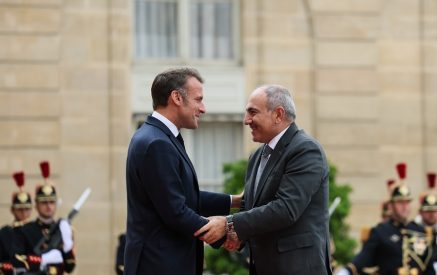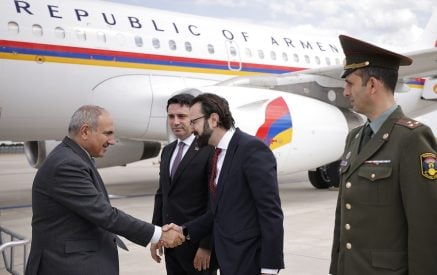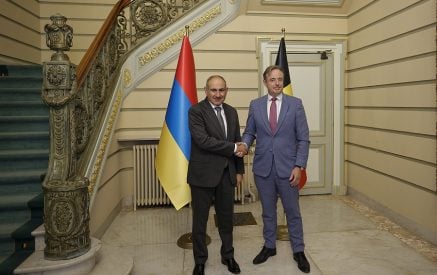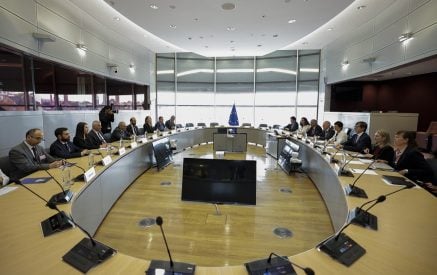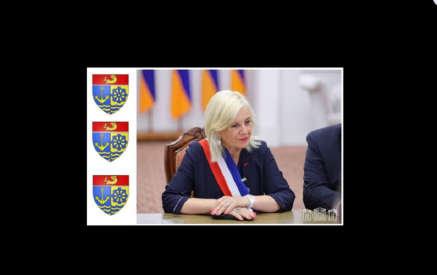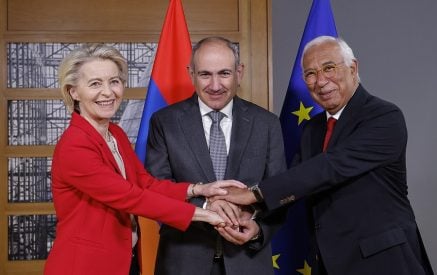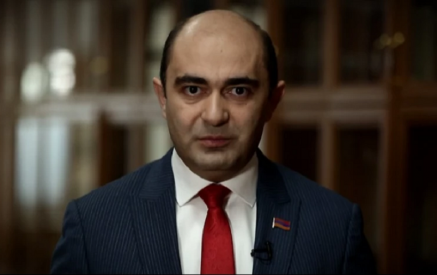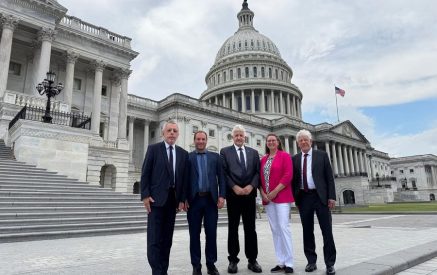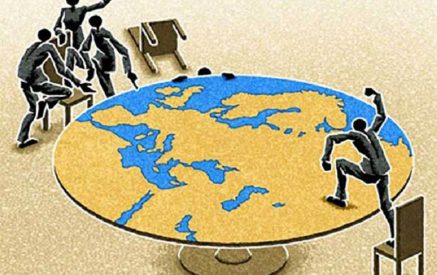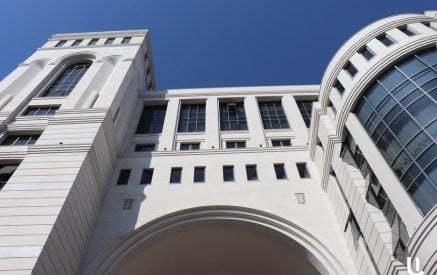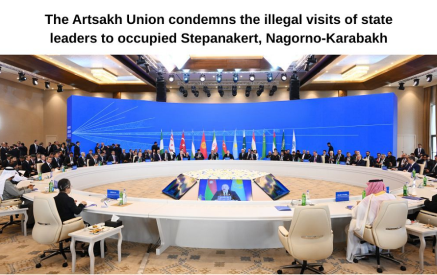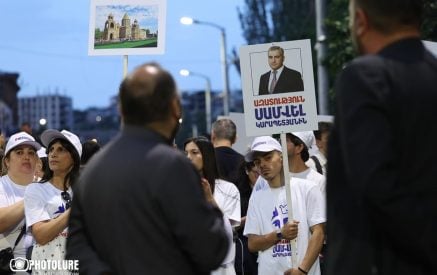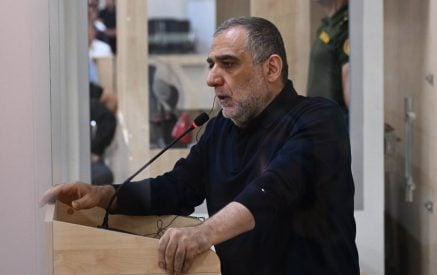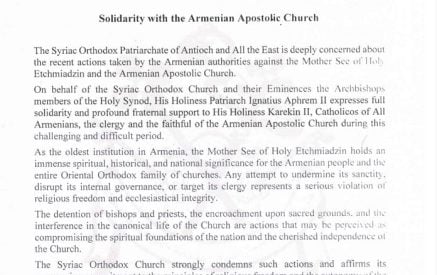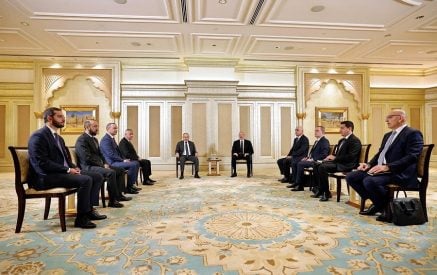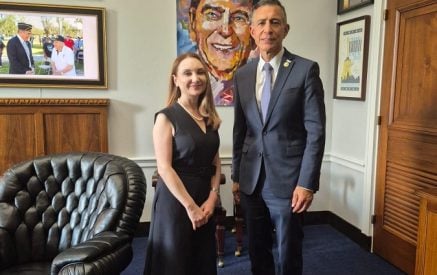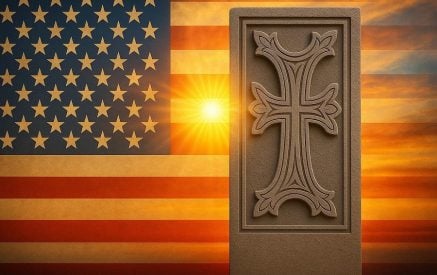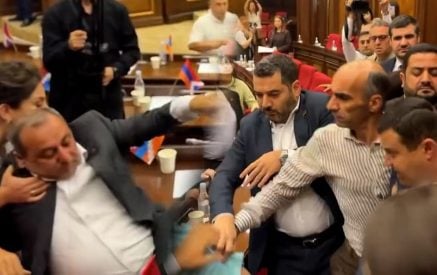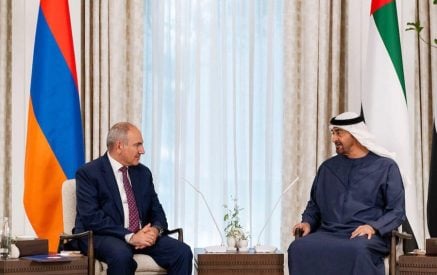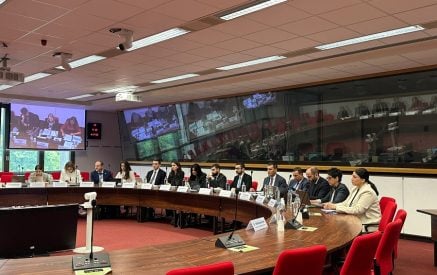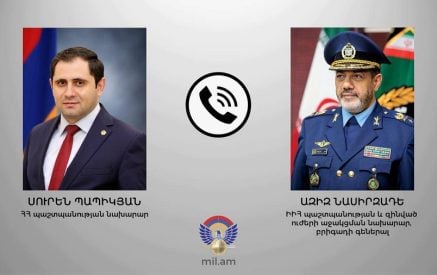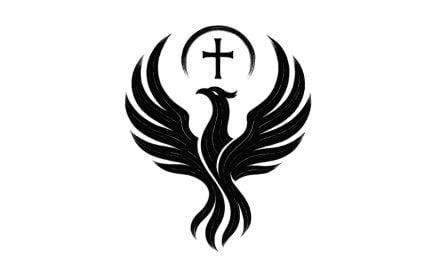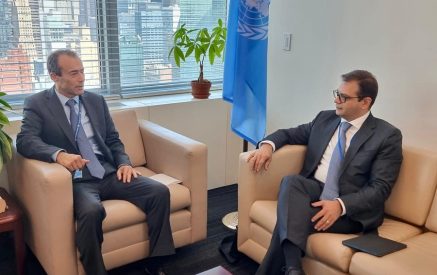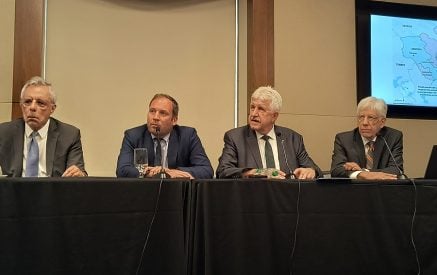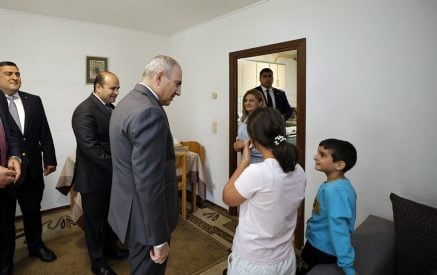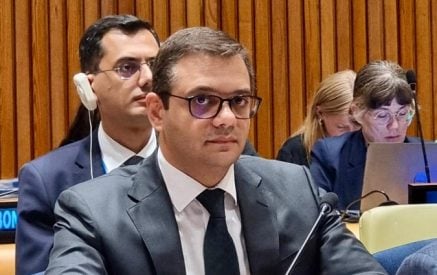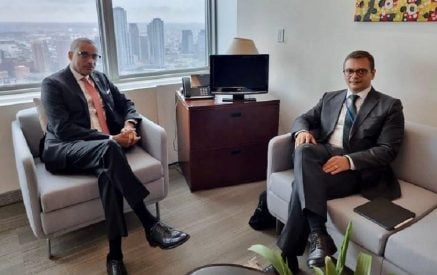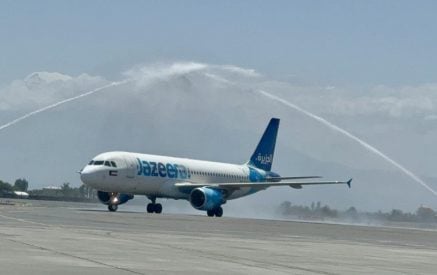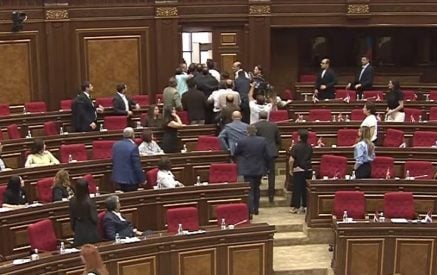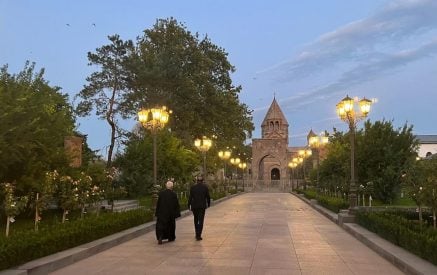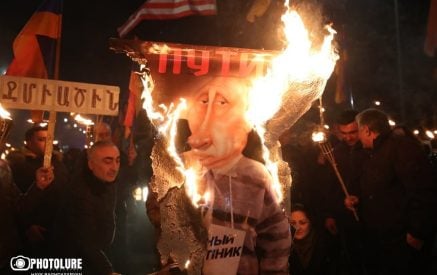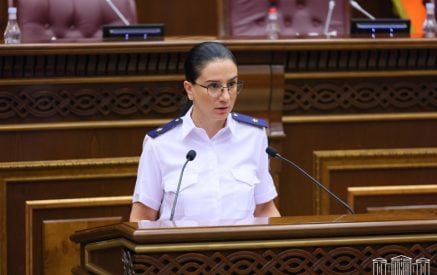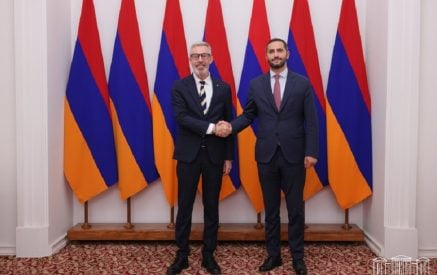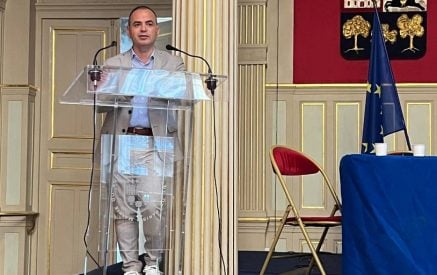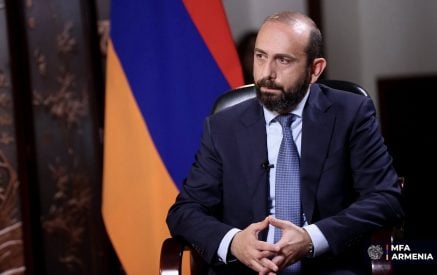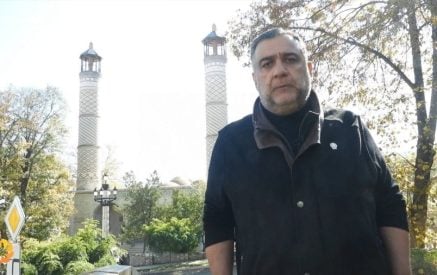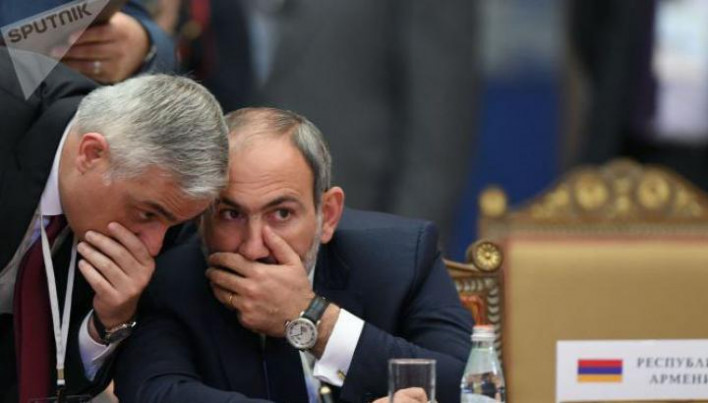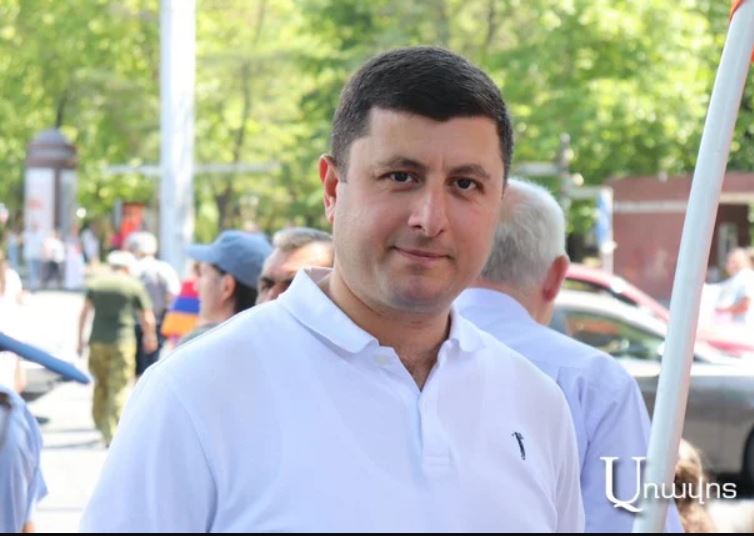Aravot spoke with the MP of the I Have Honor faction of the National Assembly and Advisor to the President of Artsakh from 2017-2020, Tigran Abrahamyan.
– Mr. Abrahamyan, Nikol Pashinyan claimed that the width of the Lachin corridor was not mentioned in the negotiation documents. Moreover, he said that the previous negotiation documents can be searched and found on the Internet. In fact, what is known about the width of the Berdzor corridor at the level of documents?
– The documents that Nikol Pashinyan refers to are secret and only a limited number of people know about them. But the issue related to the Berdzor Corridor was discussed not only at political levels, in the presence of mediators, but also at expert platforms, in which specialists from Armenia and Azerbaijan participated. In addition, a situation has arisen when the current government has the opportunity to use the documents, while in many cases it makes references to various points about some kind of secrecy, and says: you know, there are terrible things, we cannot publish them. If there are terrible things that are related to the responsibility of this or that person, then it also implies a legal process.
Read also
If there is no legal process against anyone, then making references to them and misleading the public is a completely different matter. In any case, the participants of the expert discussions have always noted that the corridor of up to 30 km has been the subject of discussion at different times. I have never heard of the 5 km section. The minimum was 10 km, but I am personally aware of discussions about 10-30 km.
– Pashinyan insisted that the referendum on the status of Artsakh, as planned by the “Madrid principles” negotiated by the previous government, should have an uncertain place, date and participants. According to his interpretation, when the previous government recorded that the status of Artsakh would be determined in the future by the agreement of the parties (that referendum would meet international standards – ed.), then it accepted that the referendum held in Artsakh on December 10, 1991 is not decisive.
– He brings up a very strange topic… In one situation, there is Armenia under Nikol Pashinyan, in which the principle of the right to referendum and self-determination does not exist, and another, Armenia before Nikol Pashinyan, in which the principle of the right to self-determination was a component of the negotiation process. Moreover, as a working document it was accepted by Azerbaijan. There have been various discussions regarding the mechanisms of realizing the right to self-determination, but the fact is that Nikol Pashinyan, under whom the right to self-determination is no longer in the process, and his government see the future of Artsakh as part of Azerbaijan and speak publicly about it. There is no discussion with such a government about what mechanisms should be used to realize the right to self-determination, because the people who pushed that principle out of the negotiation process are currently discussing the Artsakh issue exclusively within the territorial integrity of Azerbaijan. They have no moral-political right to ask questions on this topic.
– What did the former government claim regarding the “future” referendum? How was its importance and necessity justified?
– In connection with the referendum, the terms of these mechanisms were also discussed, but at that time it was an agenda item, and today it does not exist. The Armenian side considered the referendum process from the beginning within the framework of political decisions. There have been parallel legal processes since 1988 with different fixations, but it is natural that political decisions and processes on the way to long-term peace and security involve negotiations on different issues. Our main problem was not what happened in 1991 and what we discussed after that, because what was discussed until 2018 stemmed from both the declaration of independence and from the demands of compatriots who sought rebirth since 1988. The goal, naturally, was to achieve long-term peace and security of the people of Artsakh in their homeland through the realization of Artsakh’s right to self-determination and its international recognition.
Luiza Sukiasyan


